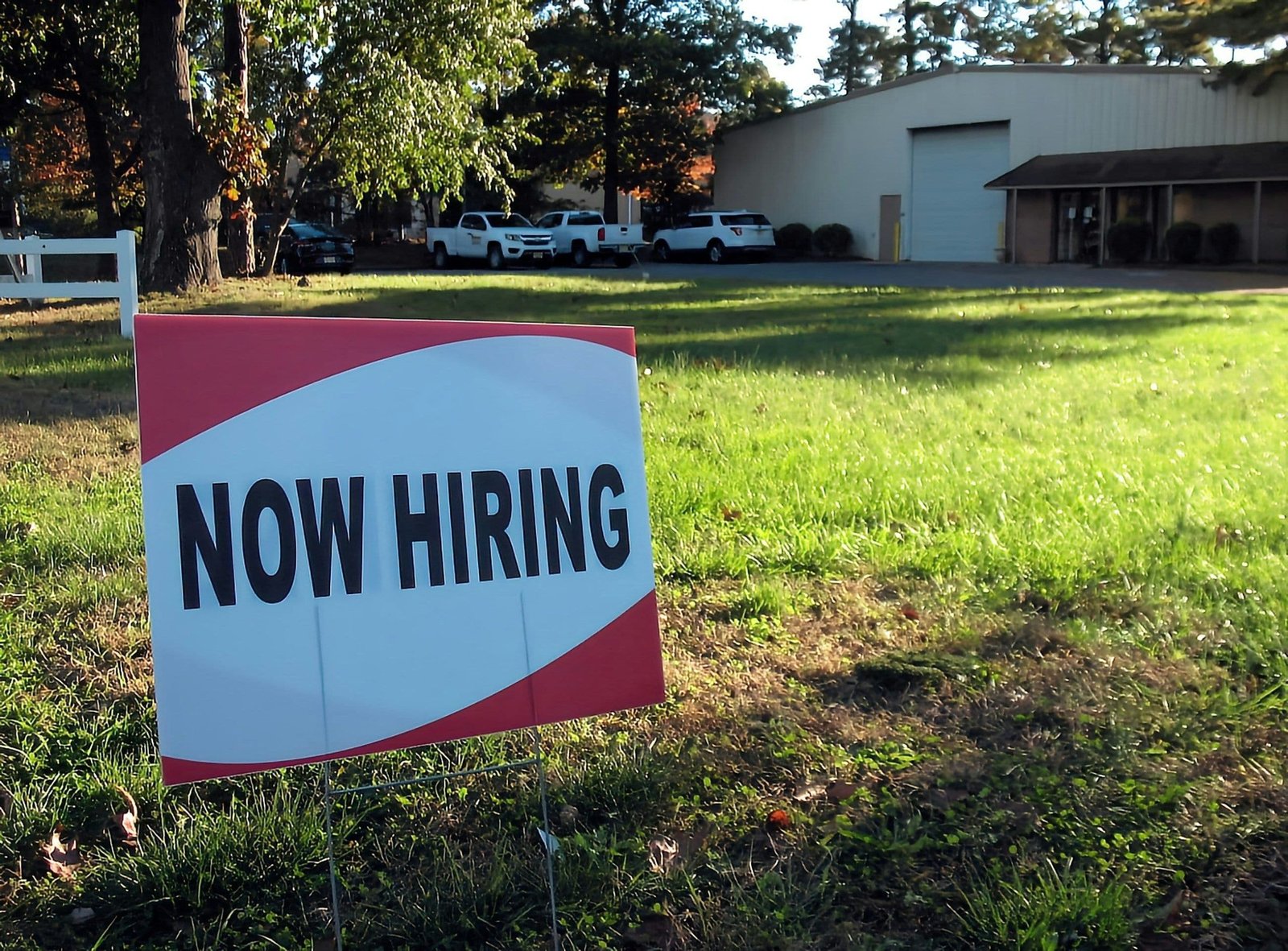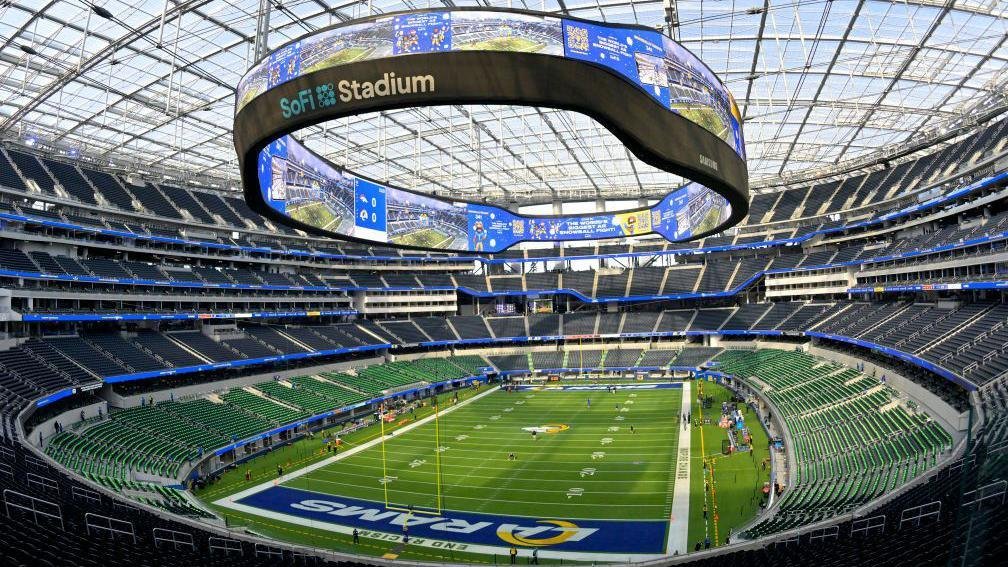The rise of the underdog is woven through history’s most compelling narratives. From fairytale’s Cinderella and fictional Rocky Balboa to real-world Erin Brockovich, we simply cannot resist stories in which the weak and vulnerable triumph over the strong and powerful.
We can see this preference in sports. Just consider the popularity of the Jamaican bobsled team who inspired the film Cool Runnings. According to some political commentators, playing up an underdog status may even sway our voting intentions. As someone who had never held political office, Donald Trump pitched himself as the underdog of the 2016 US presidential elections, and the term is now being adopted by Kamala Harris, the Democrat’s presumptive nominee in the 2024 Whitehouse race.
Psychological studies of underdogs are few and far between. But the small body of literature that does exist can help us to understand why we so often find ourselves rooting for those with the odds stacked against them – and the ways this peculiar quirk of the human mind can influence our broader decision-making.
Lovable losers
On first consideration, the “underdog effect” sits rather uncomfortably with humankind’s known fixation on status and prestige. According to social identity theory, we often derive our self-esteem from the success of our group. As a result, we tend to process our idols’ defeat as a personal failure, leading us to feel less confidence in our own abilities. That’s painful – as any fan of the English football team can testify.
Why would we willingly put ourselves through that disappointment by supporting the “back runner” who is far less likely to bring us success-by-association? It would make much more sense to align ourselves with the likely winners of any event – so that we can bask in their glory.
Some of the first answers come from a fascinating study by Joseph Vandello at the University of South Florida and colleagues in the mid-2000s. To test whether the underdog effect was real, they first examined US students’ reactions to the 2004 Olympics. Before the games took place, the participants were presented with a list of five countries’ all-time medal totals: Sweden (469), Bulgaria (195), Belgium (140), Mexico (40), Slovenia (6).
They were then asked to imagine two of the countries engaged in an upcoming swimming event, and to rate how much they would like to see each country win on a scale of one (definitely not) to nine (definitely). No matter what pair they considered, the US students showed a clear preference for the country that had won fewer medals historically. If they were given Sweden versus Belgium, for instance, they favoured Belgium, but if they were given Belgium versus Slovenia, they favoured Slovenia. Overall, 75% preferred the team with the fewer medals.
Vandello’s team next probed some of additional factors that might enlarged or diminish the effect. In one experiment, the participants read a short description of two European basketball teams, CSKA Moscow and Maccabi Tel Aviv, which painted one team as an underdog with a poor recent record, and the other as a top dog with a stellar performance. They then watched a clip from a real-life game and answered a questionnaire about their judgements of the team’s play.
To ensure that the results weren’t swayed by any pre-existing biases, the researchers alternated how the teams were presented in the text. Half the participants were led to believe that CSKA Moscow were at a disadvantage, while the rest were told that Maccabi Tel Aviv entered the game on the back foot. In each case, the participants ascribed significantly more effort to the underdog. Rightly or wrongly, we seem to assume that the underdogs will be trying extra hard to make up for their disadvantage, which renders them more likeable.
Vandello’s fourth and final experiment showed that the appeal of the underdog lives or dies on perceptions of injustice. When asked to pick their favourites from a pair of sports teams, the participants tended to prefer those with the poorest track record, but this effect shrank if they found that the team was awash with cash. Then, the series of previous failures barely attracted any sympathy.
The underdog’s plight, it seems, must come from a position of genuine weakness. “Disadvantage arouses a sense of injustice in most people that they wish to see rectified,” Vandello’s team noted in its paper.
Cold-hearted kids
Young children do not have these concerns. “In the early years of life, children side with the stronger party, as if preserving their own interests,” says François Quesque, a post-doctoral researcher at the Lyon Neuroscience Research Center in France. “It is only with the learning of moral values that they begin to want to establish some sort of justice or equality among individuals.”
In a 2021 research paper, Quesque examined adult perceptions of underdogs’ emotions. His team showed participants various comic strips and video clips of two people interacting. For example, one comic strip showed one character – who appeared to be more dominant and powerful – ordering another character first to bring them a drink, then a book, and finally their reading glasses. Afterwards, they were asked, “According to you, at this precise moment, what does this person feel?”











No comments yet. Be the first to comment!